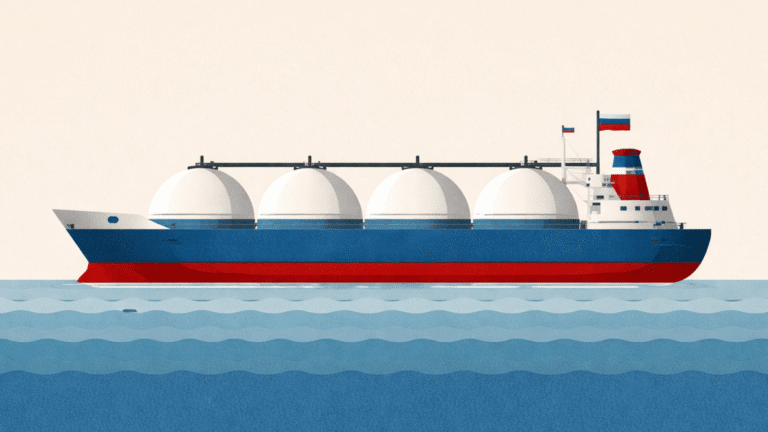On with Kara Swisher: Venezuela After Maduro, Can Trump Control Caracas From Afar?
The arrest of Venezuelan President Nicolas Maduro, on Saturday, sent shockwaves across the globe. And although the targeted military operation was a success, th
Current Access Level “I” – ID Only: CUID holders, alumni, and approved guests only
Energy forecasts rest on price assumptions, and price assumptions rest on shifting foundations, said Statoil Chief Economist Eirik Wærness at an event hosted by Columbia University’s Center on Global Energy Policy this morning, where he presented the Norwegian company’s global energy outlook to 2040. No matter how good the data on how much the world can produce, or will demand, at any given time, there are always surprises. These can come in many forms, such as an uprising in Libya, natural disasters, or perhaps technological advances that make developing previously undeveloped resources both possible and economically viable. “We tend to believe that when things change in the oil market, they change forever. The truth is, they don’t,” Wærness said. “We have to have an attitude towards that price [the price of oil], because it’s one of the most important parameters towards determining whether a long-term investment in profitable or not. And given the history of this price and how it’s affected by supply and demand, and how it seems impossible to predict, even within a half-year span…it is difficult. What is the world that will determine this price?” Wærness recalled the failure on the part of many energy economists to foresee that a dramatic rise in US natural gas output would result in a similarly dramatic drop in regional prices and lower-than-expected imports, with knock-on effects felt throughout global gas markets. “Very few people predicted that that was going to happen,” Wærness said. “When you missed that, then you also missed the price prediction.”
U.S. firms may be wary after years of socialism and mismanagement. - Alex Demas - Start a free trial today for full access.
An ex-CIA analyst tells Newsweek tanker seizures show Trump is "making good on the pledge" to enforce a "US sphere of influence."
Geopolitical uncertainty associated with Russian gas exports could swing the range of those exports by an estimated 150 bcm per year.


